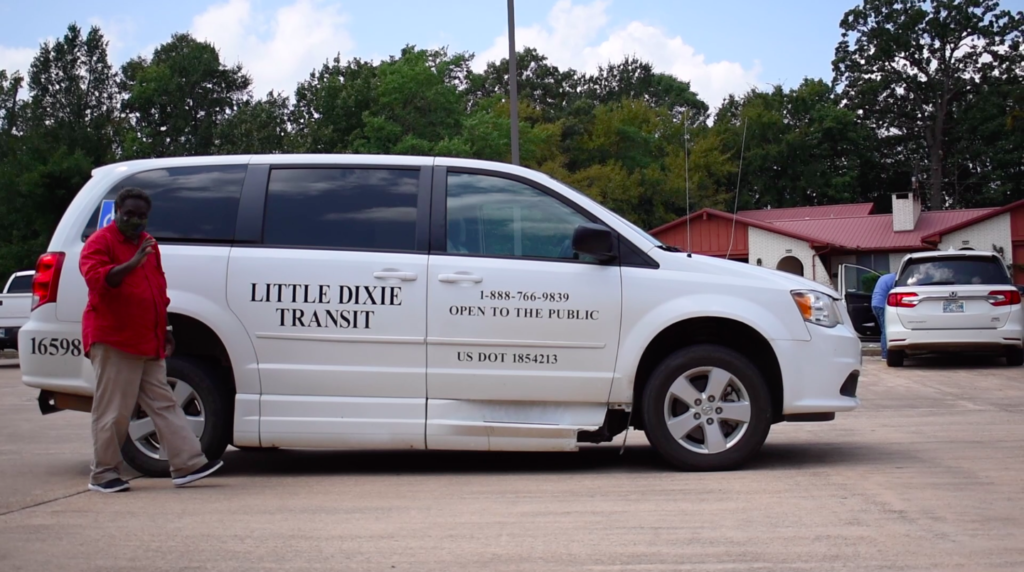
Video: Rural transit agencies warn of devastating service cuts

It’s not just big city transit agencies that are suffering debilitating financial losses due to COVID-19: the pandemic is affecting rural and mid-sized transit agencies to the point where they might have to close their doors—permanently. Agency directors in Oklahoma and Illinois shared about the impacts.
Americans rely on public transportation all over the country—not just in big cities like New York or Chicago. Yet in our own analysis, we found that more than one million households in predominantly rural counties do not have access to a car. That doesn’t include households with one car shared between multiple working adults.
Without transit, these rural households will be stranded. And by failing to include transit in COVID-19 relief packages (aside from yesterday’s House package that included $32 billion for transit, which we hope remains in the bill and is passed by the Senate), Congress is apparently okay with that.
In two new videos released by Transportation for America, rural and mid-sized transit agencies warn of permanently cutting transit service as a result of financial strains from COVID-19. Directors of Little Dixie Transit in southeastern Oklahoma and the Champaign-Urbana Mass Transit District (MTD) in Illinois spoke of how COVID-19 is impacting their riders, employees, and ability to provide robust transit service now and in the future. If Congress doesn’t provide public transportation with at least $32 billion in emergency relief, both agencies will be forced to radically cut service—or even “shut our doors,” as Little Dixie Transit director Jeannie McMillin warned.
Check out short video highlights of the interviews below, and watch the full interview with Champaign-Urbana MTD’s director here.
Tell Congress to pass at least $32 billion in emergency relief for transit in the next COVID-19 relief package. House Democrats have tentatively included $32 billion for transit in their latest relief package, but it still has to pass the House—and then the Senate.



